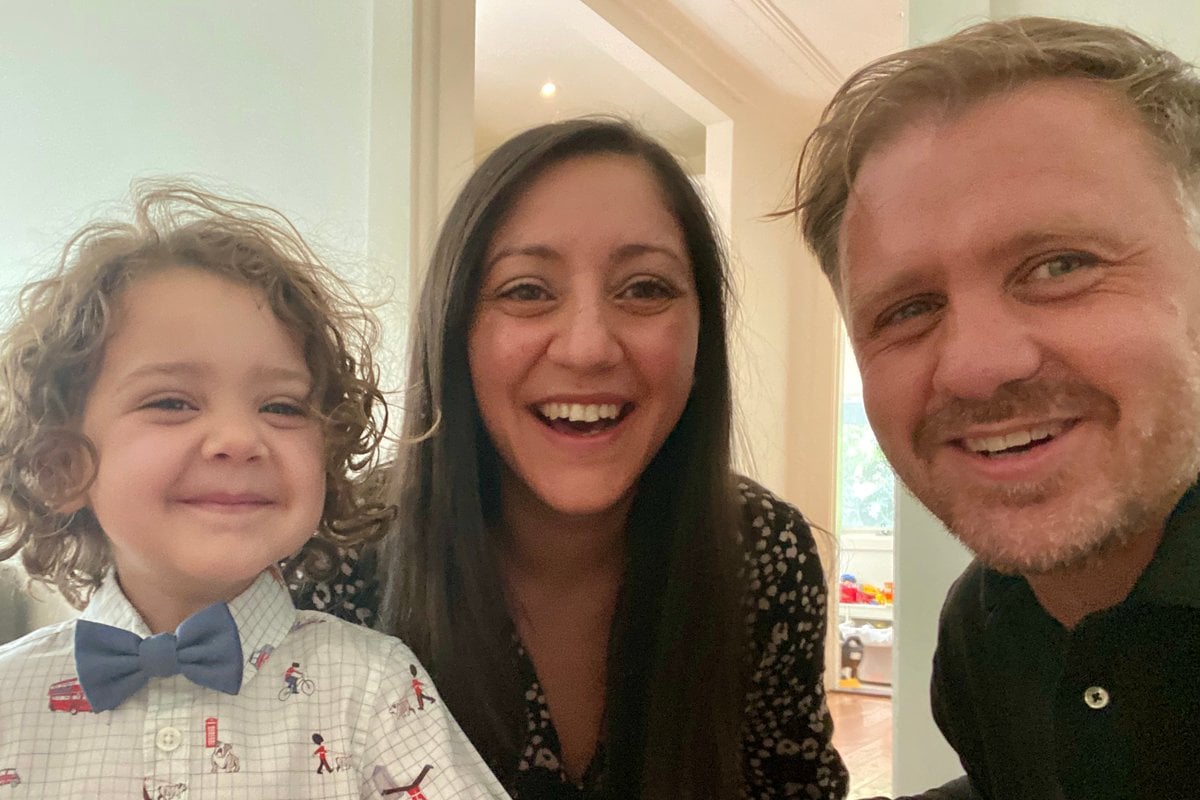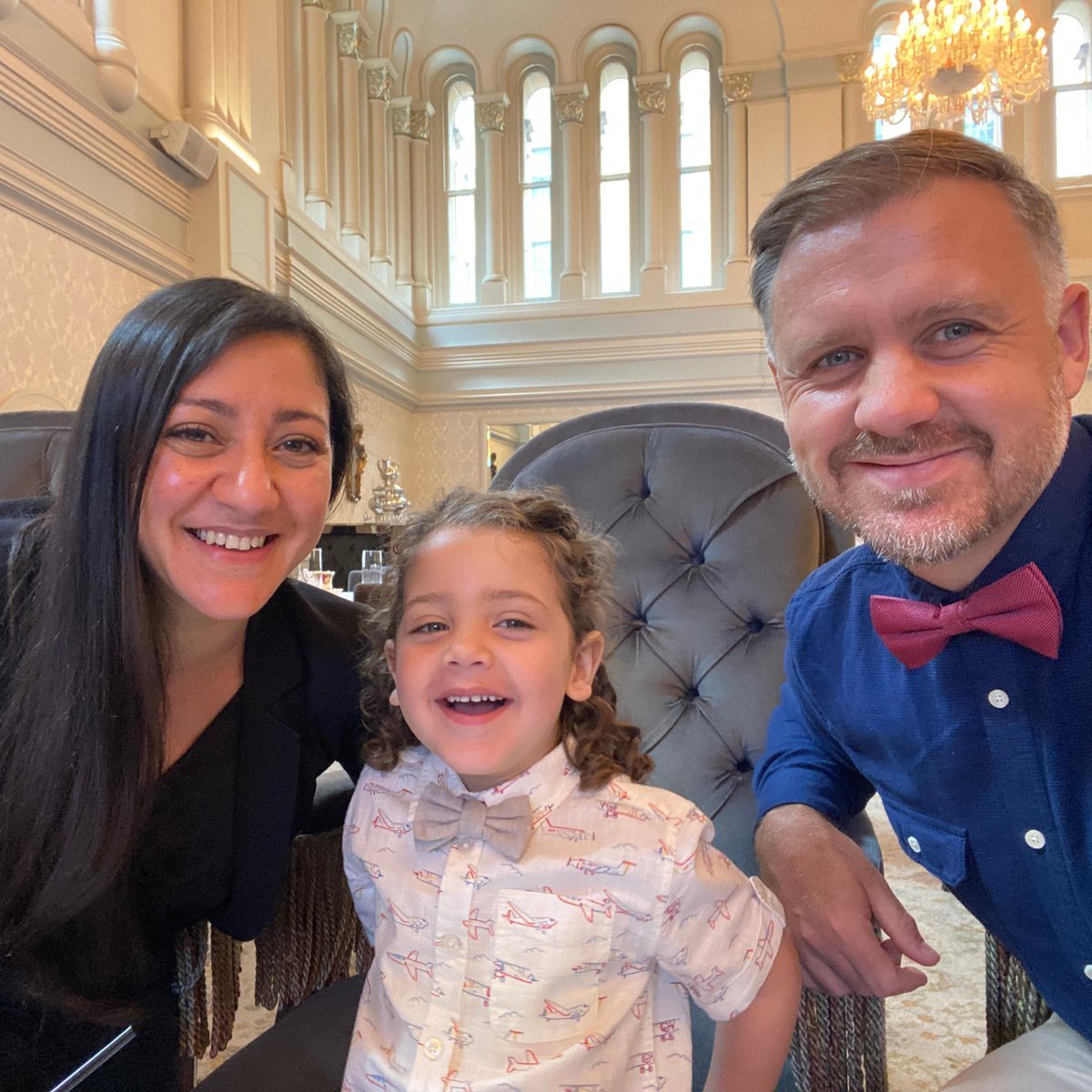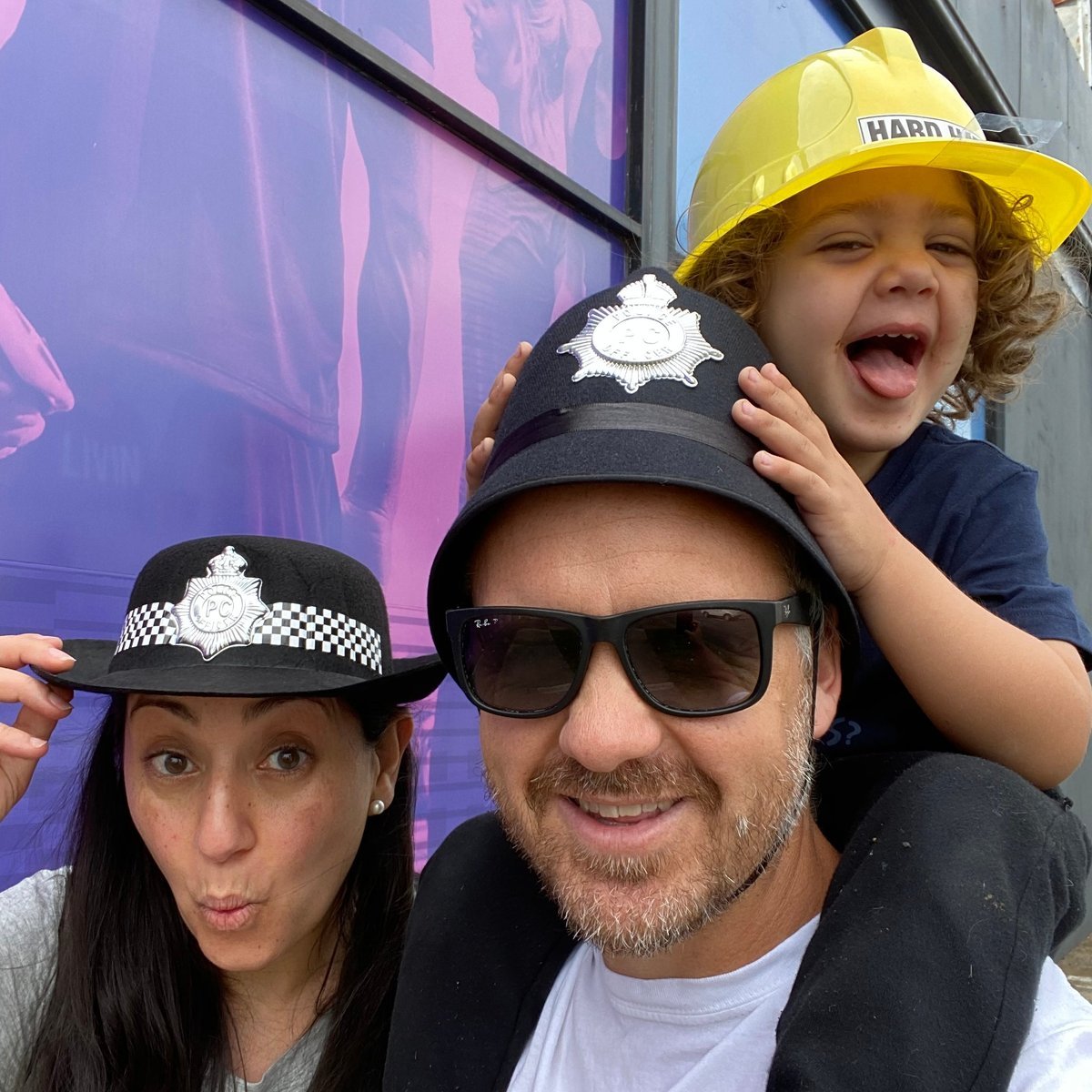
It’s a frantic Thursday morning. I’m getting ready for work and trying to get my then two-year-old son sorted for day care.
I’m getting dressed, and as I raise my arms to put my top on, my right arm just sort of disappears. I seem to have lost vision in my right eye.
My entire right side feels weirdly tingly and kind of numb.
I didn’t know it at the time, but I was suffering a stroke.
It happened a year ago today – and just to add to the crazy unexpectedness of it all – it was on World Stroke Day.
I was a 41-year-old relatively active, non-smoker who did not have high cholesterol. I didn’t think something like this could ever happen to me – but it did.
And while my particular situation may not be very common, strokes unfortunately are.
A stroke is one of Australia’s biggest killers.
Watch a video from the National Stroke Foundation. They are encouraging people to act F.A.S.T. in stroke situations.
I was just one of 27,428 Australians who experienced stroke for the first time in their life in 2020. That’s one stroke every 19 minutes.


